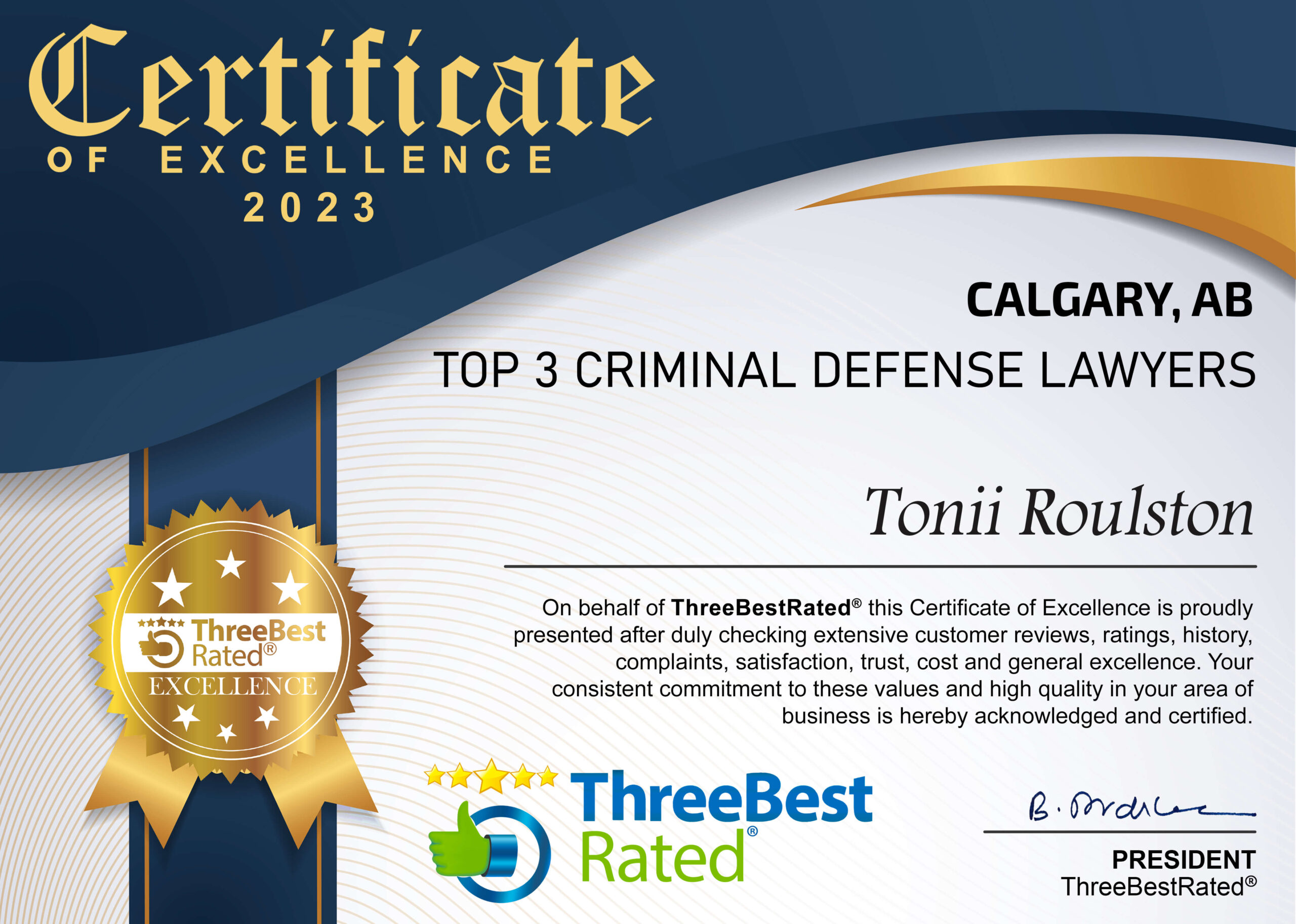Files involving drug related charges are often highly intricate. Defending these types of criminal charges requires superior knowledge of the Controlled Drugs and Substances Act, the Criminal Code of Canada as well as the Canadian Charter of Rights and Freedoms.
During the court procedure, the Crown must prove that the substance found was an illegal drug. This is done by issuing a certificate. Our experienced lawyers are skilled at identifying potential issues with this certificate and explaining to you the impact these arguments may have in your defence. Further defences include analyzing the continuity of the drug during the search and ensuring that the proper procedure was followed in determining the nature of the drug seized.
There are several types of defences that may be raised against drug related charges. Many files are based upon evidence obtained through a search warrant, the use of wiretaps or undercover techniques. These strategies are subject to scrutiny under the Canadian Charter of Rights and Freedoms. Evidence that was collected during a police technique which infringed upon your Charter rights may be removed from the Crown Prosecutor’s argument.
If you have been charged with a trafficking offence, the police may have obtained evidence to prove your identity through surveillance. In certain circumstances, improper identification can result in a withdrawal or an acquittal.
Our lawyers at Roulston Urquhart Criminal Defence will analyze your file to consider all possible defences to the accusations. For instance, if the alleged drugs were found in a vehicle, we will consider if you were the registered owner or if other individuals had access prior to the search. As well, if the alleged drugs were found inside your home, we will consider if other members of your residence were present at the time the drugs were found. These defences are not an exhaustive list but include insight into some of the many ways in which your lawyer at Roulston Urquhart Criminal Defence will challenge the validity of the charges against you.
